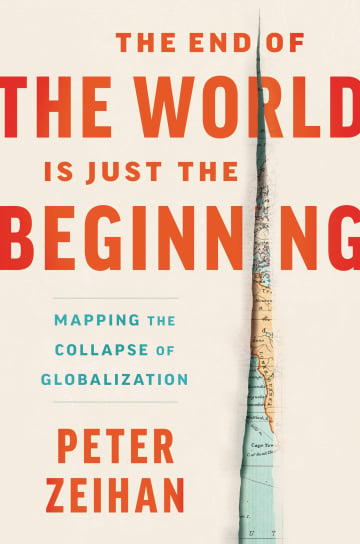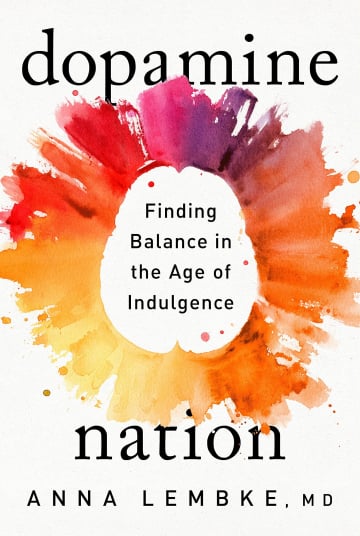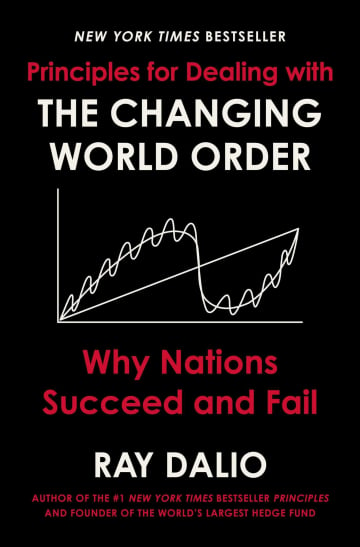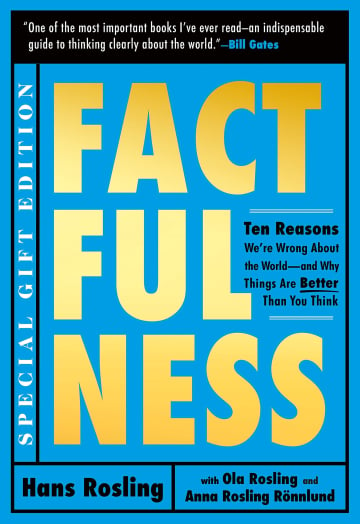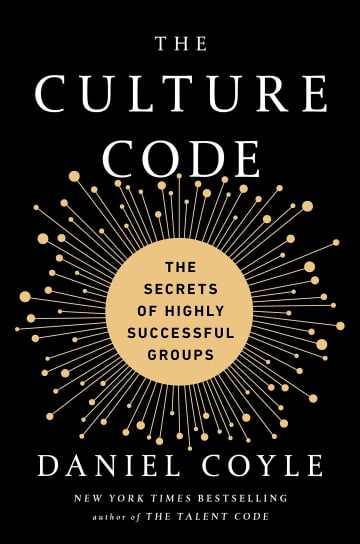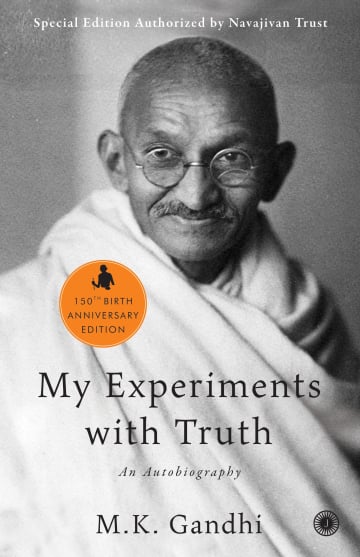
The Truth About Immigration: Why Successful Societies Welcome Newcomers
⚡️ 10 Quotes from the book
“Most people link immigrants with jobs (usually negatively). But almost nobody links immigrants to investment, which is critical for job creation.”
“Mexico is the largest source of immigrants for many states in the western US. About 45 percent of all the foreign-born in Idaho are Mexicans.”
“During the first seventy-five years of its existence as a nation, America allowed anybody onto its shores. Immigration wasn’t controversial. Indeed, lack of immigration was mentioned in the Declaration of Independence as one of the reasons for separating from Great Britain.”
“The movement of people is essential to the circulation of ideas. Immigrant scientists not only deepen the capabilities of places that receive them; they also broaden them.”
“For decades, America has been an immigration chooser because most would-be movers want to settle here. But it risks becoming an immigration beggar as it faces internal fights about immigration, an accelerating fiscal disaster, and more competition from other countries.”
“It all comes down to this: demand also increases because the economy is now larger thanks to the inflow of immigrants.”
“When combined with native talent, foreign talent vastly expands the horizon of what we can accomplish together. That’s the foundation of every benefit immigrants bring to our society.”
“The problem is that, just like for me internally, it’s hard to tell from the outside if immigrants are becoming American. That’s because it’s so hard to define what it even means to be American. The same goes for any other receiving country.”
“When undocumented immigrants arrive in a community they arouse suspicion, which leads locals to make political and social decisions that do end up causing harm to their very own communities.”
“Understanding not only what we have to gain from welcoming newcomers but also what we stand to lose by giving in to our worst impulses can ignite more passion among those arguing in favor of immigration.”
Related videos
Follow the author

Zeke Hernandez is the Max and Bernice Garchik Family Presidential Associate Professor at The Wharton School, University of Pennsylvania. A thought leader in global and corporate strategy, he has received three consecutive Emerging Scholar awards and was named one of the Best 40 Under 40 business professors globally by Poets & Quants. Hernandez holds a bachelor's and master's degree in accounting from Brigham Young University and a PhD in business administration from the University of Minnesota.
Publications
The Wharton School: Shattering Myths: Five Truths About Immigration
Barrons: Immigrants Aren’t Victims or Villains. This Wharton Professor Says We’re Missing the Real Story.
Kirkus Reviews: A highly readable, potentially influential contribution to the literature on immigration.
Ask Albert:
Rate the book
⚡️ Discover Even More Bookish Wisdom
recommends
recommends
recommends
recommends



